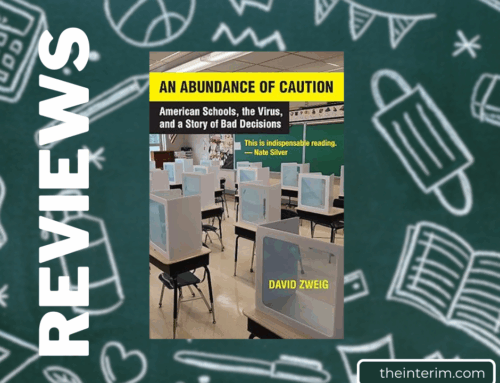The Supreme Court of Canada (SCOC) was busy last month; they handed down two significant judgements. Both are significantly flawed. The judgement on prayer in a municipal chamber in Quebec was discussed in more detail in Leader Rod Taylor’s article in the Vancouver Sun, but other arbitrary decisions by the SCOC, including its recent ban on mandatory minimum sentences for gun-related infractions, raise another whole level of concerns about the Supreme Court itself.
With calls for increased gun control and condemnation of guns in general in Canada, the Conservatives’ plan to introduce minimum sentences for crimes involving guns seemed like a sure winner for everyone. Everyone except criminals who use guns in crimes, that is. So why would the Supreme Court strike this law down?
Part of their rationale is peculiar when one considers the usual bias against gun owners by liberals. The justices of the Court said that they want to protect lawful gun owners who might make a paperwork or storage mistake. If a normally law-abiding gun owner improperly stores or fails to re-register it would be a crime involving a gun, so off to jail the person would go for three years minimum.
But the judgement also admits: “Most cases within the range may well merit a sentence of three years or more, but conduct at the far end of the range may not. At that far end stands, for example, the licensed and responsible gun owner who stores his unloaded firearm safely with ammunition nearby, but makes a mistake as to where it can be stored.” The Supreme Court was correct to point out this problem with the law, but it should have told Parliament to correct this flaw. Given the minimal blameworthiness of this offender and the absence of any intent to harm, a three year sentence would be disproportionate. Similar examples can be envisaged. Lawful gun owners can be dealt with appropriately without going soft on gun-carrying criminals, whose intent is criminal activity harmful to the public’s well-being.
The rest of the SCOC’s rationale is difficult to grasp for a logical mind. Here is the quote: “The mandatory minimum sentences imposed by s. 95(2) (a)(i) and (ii) of the Criminal Code, R.S.C. 1985, c. C-46, are inconsistent with s. 12 of the Canadian Charter of Rights and Freedoms and are therefore declared of no force or effect under s. 52 of the Constitution Act, 1982.”
To explain simply, they believe that serving three years in jail for gun related offences is cruel and unusual punishment. Perhaps punishing offenders at all is cruel and unusual; perhaps we should just return to lawless times where each person does what he or she wants to do.
The rationale for this decision seems very sloppy when they had earlier said that many of these crimes would actually merit longer sentences.
The Christian Heritage Party’s position on the use of guns in the commission of a crime is that the sentence should double if a gun is used, double again if the gun is loaded, and triple if the gun is actually fired. This would give some real sentencing options for real crimes.
This SCOC ruling also casts doubt on the recent move by our government to increase the mandatory minimum for murder from 25 years to life — the “life means life” legislation. It is probable that it will also be ruled unconstitutional as it is another part of the Conservative government’s “tough on crime agenda.”
But the ruling on assisted suicide is still the most heinous breach of the trust that our country has of our judicial system. In that ruling, like no other, our judges acted in complete contempt of Parliament, which had strongly voted in 2010 to not open the door to assisted suicide. The three branches of our government are the executive, the legislative, and the judiciary. Somewhere the boundaries have been erased allowing the judiciary to govern. Parliament must recapture control of the government.
Sooner or later the “notwithstanding clause” will need to be invoked by Parliament. Our government must put the court in its place by enacting the “notwithstanding clause” on the assisted suicide ruling, the legalization of prostitution judgement, and the overturn of minimum sentencing. In all of these cases the court has shown extraordinary arrogance in treating Parliament, those elected by Canadians to govern, like children who do not know what is best for themselves or the country.
These steps would probably lead to an unhealthy standoff between our highest institutions, Parliament and the Supreme Court, but what we have now is already not healthy — legislation from the bench, Canada being ruled as a “judicial oligarchy” rather than a parliamentary democracy.
The Christian Heritage Party has warned of these consequences for many years, and we continue to stand strong on the founding principles of our country — the “supremacy of God and the rule of law.” We desire Parliament to write good laws, and the courts to respect them and apply them. When cases show that certain laws are not working towards their intended purpose, it is also Parliament’s responsibility to amend them. In other words, we want our government and courts to work together for justice in the way they were designed.
Peter Vogel is the deputy leader of the Christian Heritage Party. This column originally appeared as a CHP Communiqué April 21.




